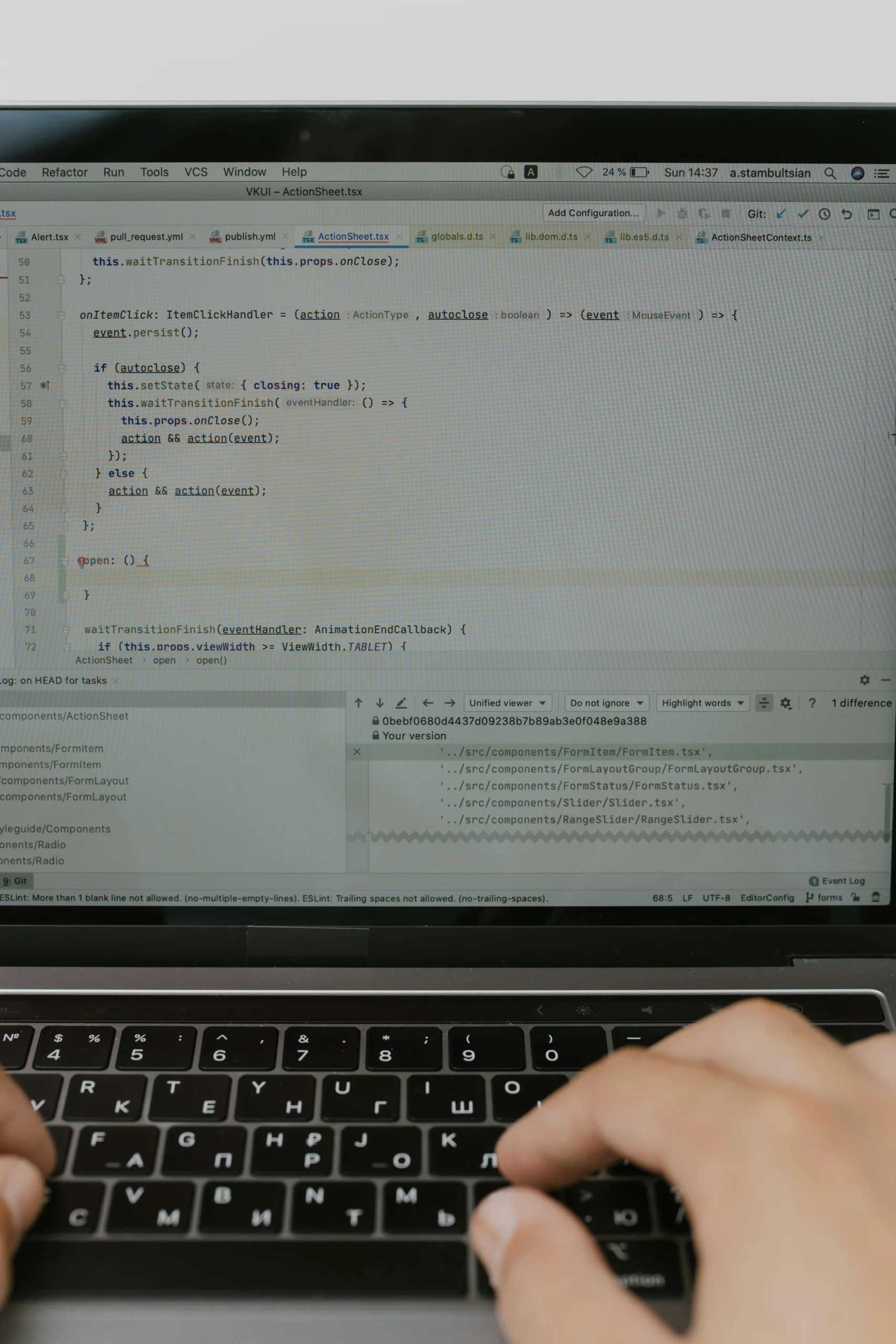Time series reasoning is increasingly recognized as a crucial area of research that effectively integrates time as a fundamental aspect of decision-making processes. This survey categorizes the existing literature according to reasoning topologies, including one-step direct reasoning, linear chain reasoning with intermediates, and more complex branch-structured reasoning strategies. Each category presents unique advantages and challenges in relation to reliability, robustness, and the ability to analyze temporal sequences comprehensively.
A significant implication of this work lies in its emphasis on matching reasoning structure to the uncertainty present in dynamic systems. The survey outlines various objectives such as causal inference and time series generation, offering a thorough review of methods across multiple domains. As the field progresses, developing benchmarks that correlate reasoning quality with practical utility will be essential. This focus on performance will pave the way for systems that do more than just analyze; they will also be capable of understanding and acting on time-sensitive information reliably.
In light of these advancements, future research must aim to balance the need for computational efficiency with the demand for accuracy and reproducibility. Achieving this equilibrium will allow for the development of closed-loop testbeds that can effectively simulate and evaluate the robustness of reasoning systems under various conditions. Ultimately, these efforts will shape the evolution of time series reasoning and its applications in understanding and navigating complex, dynamic environments.
👉 Pročitaj original: arXiv AI Papers








